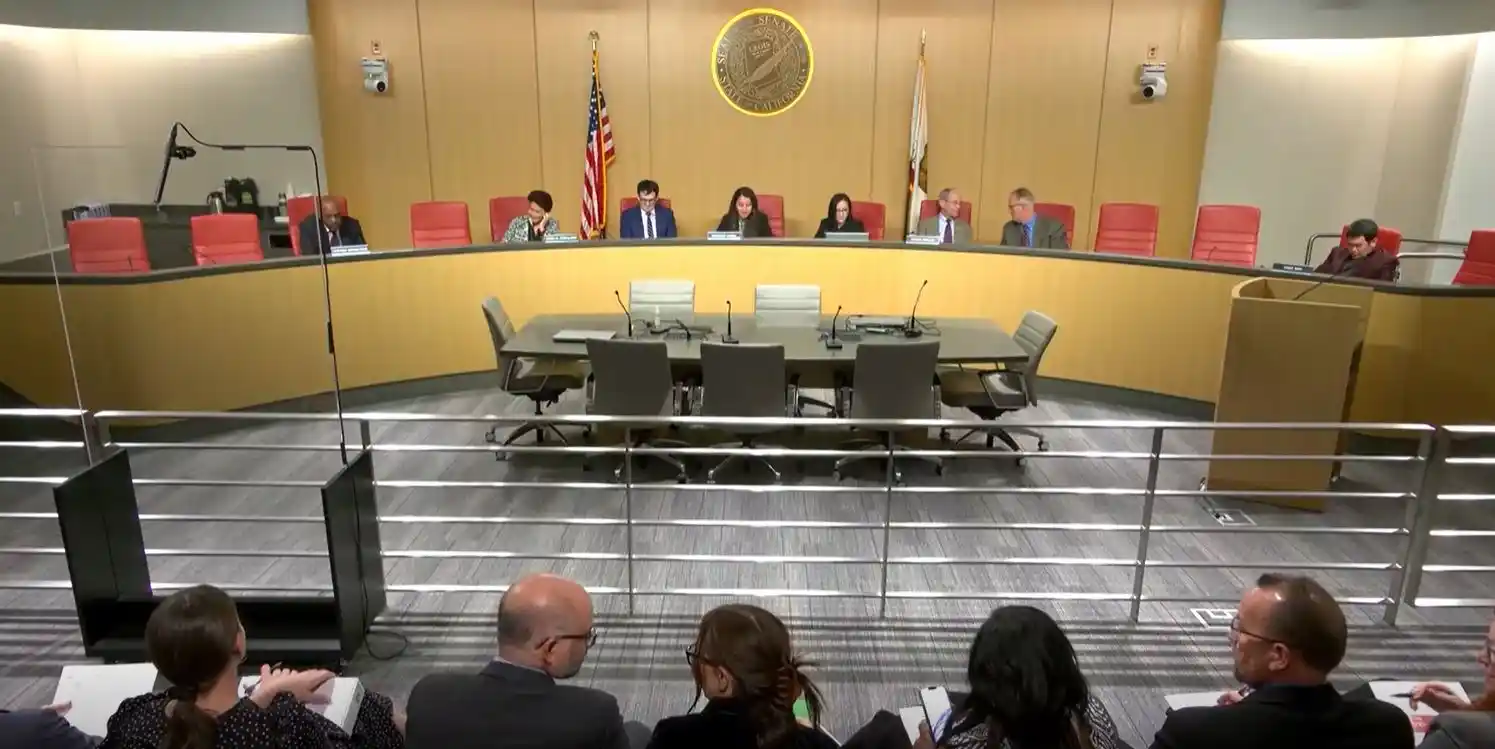The regulatory environment for cryptocurrency businesses is very much in flux. There are a lot of changes coming, and many of them could have a big impact on the cryptocurrency market.
Of course, it’s impossible to predict the future, but there are three major questions we think will have the biggest impact on the cryptocurrency market in the coming years.
- What would happen if FinCEN began to enforce the Travel Rule more strictly?
- Are state regulators good or bad for crypto?
- What impact will international crypto regulations have on the industry?
We’re taking a look at each of these questions and offering our insights on what the outcomes – good and bad – could be for the industry. Let’s dive in.
1. Funds Travel Rule Enforcement
Applying the Funds Travel Rule to cryptocurrency was a surprise to everyone. On the face, it seems very difficult for any money services business (MSB) that deals with cryptocurrency to enforce. However, there are best practices to use.
Even companies with the best crypto AML policies struggle with implementing it. Still, the Financial Action Task Force (FATF) expects MSB money transmitters to pass along certain information to the next financial institution in certain situations.
How the enforcement of the Funds Travel Rule affects cryptocurrency businesses will have a lot to do with the technology that supports the industry and how quickly it develops. This won’t make it easier to figure out how to handle crypto wallet holders – who are not all financial institutions, and thus don’t have all of the required data – but it can make it easier to pass along the data you do have.
Some crypto businesses may be able to develop their own processes that help, but it remains to be seen how widely these will be shared and how applicable they will be between companies.
Then there’s the question of enforcement. If FinCEN comes on strongly, it could put a lot of stress on the markets. And if there are enforcement actions, what will they be? If they are severe, that would bring additional pressure.
2. State Regulators And Cryptocurrency
 One of the big challenges for cryptocurrency compliance is the need to adhere to both federal rules and the regulations of each state a company operates in. If you operate a crypto kiosk in one or two states, that might be easier to manage. But what if your business model serves customers nationwide?
One of the big challenges for cryptocurrency compliance is the need to adhere to both federal rules and the regulations of each state a company operates in. If you operate a crypto kiosk in one or two states, that might be easier to manage. But what if your business model serves customers nationwide?
Up until now, many state regulators had not taken action on crypto. They were letting the federal system handle the cryptocurrency businesses, and that led to a focus on AML compliance. The federal government wants to prevent crime and keep the economy moving smoothly, so the bitcoin compliance rules they applied served those goals.
However, now states are starting to take action and are also issuing crypto licenses for those who work in their borders. These Money Transmitter Licenses (MTLs) are not required by all states, but that is likely to change.
In the meantime, it’s worthwhile to get a determination of what’s required – in writing – from the state regulatory agency.
If state cryptocurrency regulations start to become a major focus, it’s important to note that they will be focused on consumer protection, whereas the federal laws are focused on preventing crime. As a result, cryptocurrency state regulations may put more pressure on your crypto business.
If states don’t work together, the spiderweb of requirements could quickly become overwhelming. This could make it very difficult or impossible for crypto businesses to function across the country, and may result in regional crypto money transmitters going out of business.
Over time, the regulations should get ironed out and become more consistent. However, in the next several years, it could be very difficult to operate widely across the country.
3. International Cryptocurrency Regulations
Another rule – or set of rules – that will have a big impact on the U.S. cryptocurrency market are international regulations. If the rules in other nations are lenient, there will be a lot of growth in those markets. That may make the competitive landscape a challenge for U.S. businesses.
Of course, if international markets are not well-regulated, they could be rife with corruption, crime, or abuse. That may mean that U.S. cryptocurrency companies won’t be able to do business with those firms – or possibly, within that country at all.
Cryptocurrency was envisioned as a borderless currency, but regulation differences could change all of that. What would happen if FinCEN starts putting out guidance that crypto businesses cannot do business with those in specific countries?
This could shut out specific nations from the cryptocurrency ecosystem. That may sound wrong to some crypto purists, but if the nation isn’t able to regulate crypto appropriately, it may be the only option. There could end up being multiple cryptocurrency ecosystems around the world with varying levels of reliability and security.
Regardless of the desire for cryptocurrency to be borderless, regulations and laws are not. As the industry continues to grow, the key philosophy underpinning cryptocurrency may need to evolve if it ends up being impossible to realistically maintain.
Key Takeaways For Crypto Businesses
There are a lot of regulations that are making waves in crypto right now, and all companies want to avoid cryptocurrency compliance mistakes. The Funds Travel Rule and how it is enforced will have a big impact on how crypto grows in the U.S.
How states handle regulations – and how uneven those regulations are – can have a big impact on the crypto market as well. In the most extreme case, crypto companies may find it impossible to operate in more than a few states at a time for the next few years. Hopefully, this will change over time as regulations become more consistent.
Finally, differences in how various countries regulate crypto and maintain AML compliance regulations could mean that crypto is not able to stay truly borderless. Lax regulation could lead to corruption and non-secure exchanges in some nations, and U.S. companies may not be allowed to work in those areas.
If you’re wondering how to prepare your AML program for these regulatory changes, we can help. Contact us today for a free consultation about your compliance program and how to build in the flexibility you need to keep up with unpredictable regulatory challenges.


